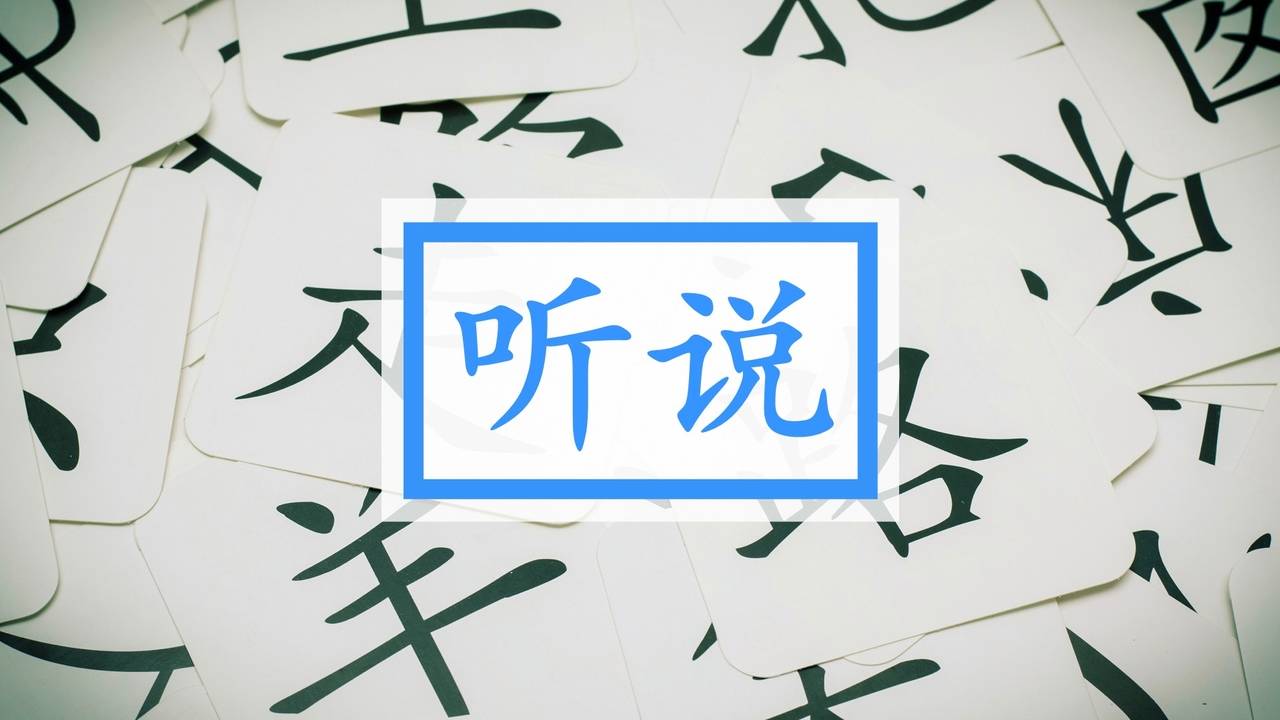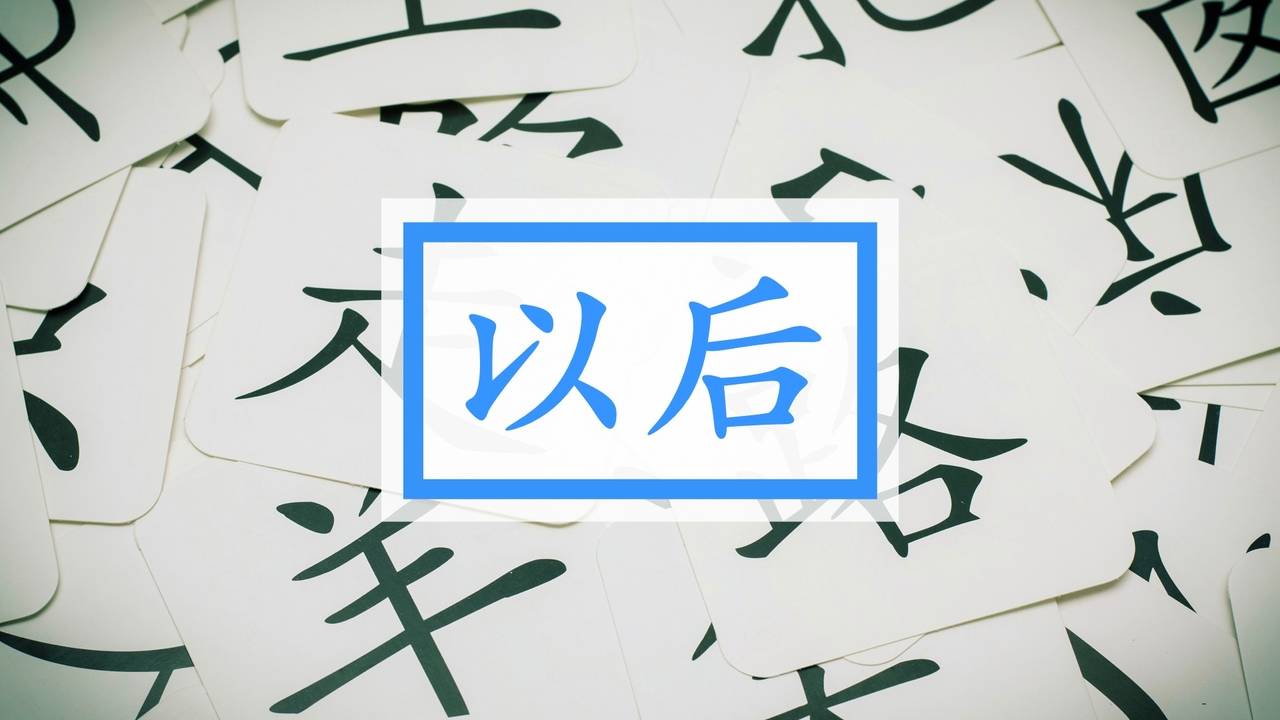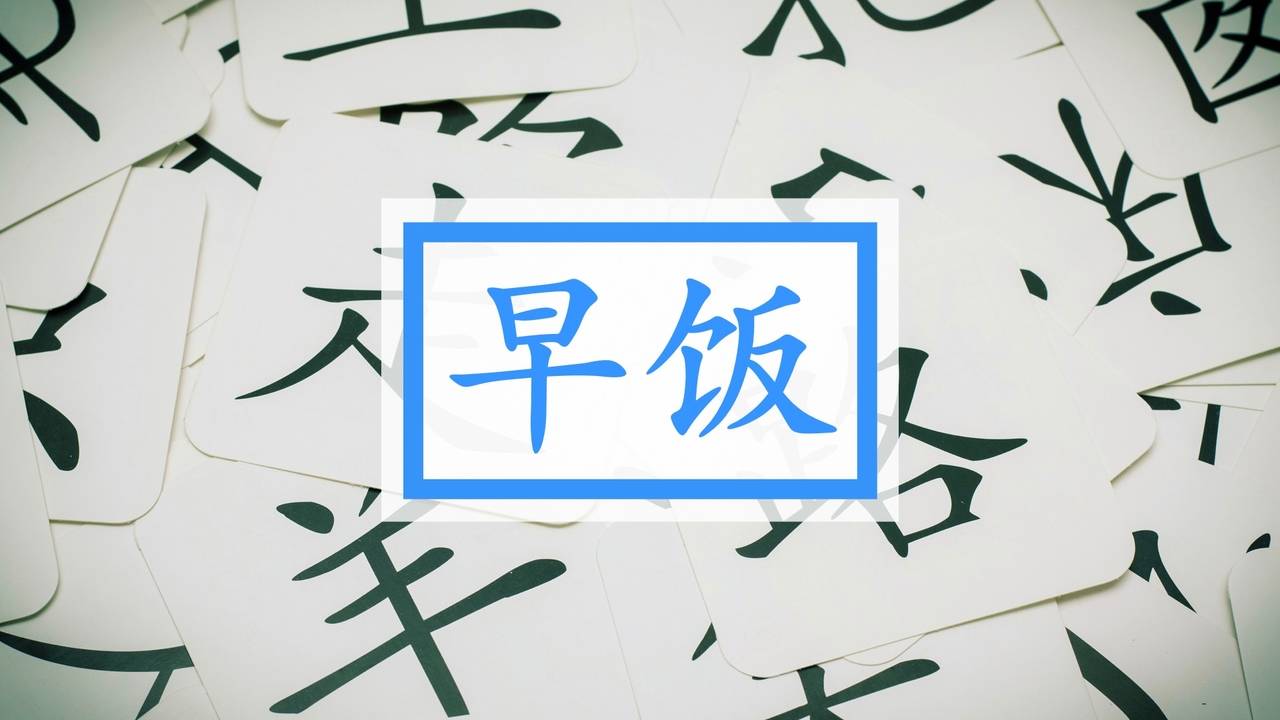Level 23 - Vocab in Context
43 Lessons
1

某个 in Context
2

某些 in Context
3

其他 in Context
4

讨厌 in Context
5

斤 in Context
6

公斤 in Context
7

听 in Context
8

BONUS: Helper - Expressing That an Action Has Happened Before with 过
9

好听 in Context
10

听力 in Context
11

听见 in Context
12

听话 in Context
13

听说 in Context
14

近 in Context
15

最近 in Context
16

后 in Context
17

以后 in Context
18

然后 in Context
19

后来 in Context
20

最后 in Context
21

BONUS: Helper - Turning Adjectives into Adverbs with 地
22

后天 in Context
23

后面 in Context
24

后边 in Context
25

厚 in Context
26

反正 in Context
27

相反 in Context

BONUS: “How Does What" - Adverbs Expressing Tone of Voice
29

米饭 in Context
30

早饭 in Context
31

午饭 in Context
32

吃饭 in Context
33

吃饱 in Context
34

饿 in Context
35

员工 in Context
36

工人 in Context
37

江 in Context
38

左边 in Context
39

左右 in Context
40

右边 in Context
41

差 in Context
42

差不多 in Context
43

差点儿 in Context
Next Character
BONUS: “How Does What" - Adverbs Expressing Tone of Voice
Reminder About "How Does What" (Adverbs)
The Mandarin Blueprint “Grammar Word” (GW) tags focus on the different parts of speech and ways of categorizing them. For example, what are the different ways to use adverbs in Mandarin Chinese?
In our tagging system, we refer to adverbs as “How-DoesWhat,” because that’s how they function. Adverbs tell you how an individual action takes place. We divide the sentences that contain adverbs in The Mandarin Blueprint Method Foundation Course into six categories:
- Deny 否定 - An adverb that denies or negates the action (Phase 3)
- How Often 频率 - An adverb that shows the frequency of an action (Phase 4)
- In What Range 范围 - An adverb that specifies the range of an action (Phase 4)
- Time 时间 - An adverb that adds context to the amount of time that relates to an action (Phase 4)
- To What Degree 程度 - An adverb that specifies the degree of an action (Phase 3)
- Tone of Voice 语气 - An adverb that influences the tone of voice surrounding the action (Phase 4)
The Chinese word for “adverb” is 副词 fùcí, which translates to “‘auxiliary’ or ‘subsidiary’ word.” Considering that you can't use adverbs alone and must attach them to an action, “subsidiary” is an apt description.
That’s why the six tags are as follows:
GW-[How-DoesWhat]-Deny-副词-否定
GW-[How-DoesWhat]-How-Often-副词-频率
GW-[How-DoesWhat]-In-What-Range-副词-范围
GW-[How-DoesWhat]-Time-副词-时间
GW-[How-DoesWhat]-To-What-Degree-副词-程度
GW-[How-DoesWhat]-Tone-Of-Voice-副词-语气
In The Mandarin Blueprint Method “Grammar Building” flashcard decks, you can find all sentences that have these tags in the sidebar of your flashcard program.
GW-[How-DoesWhat]-Tone-Of-Voice-副词-语气
Several Chinese adverbs serve to indicate how the speaker feels about the action. In other words, they show the tone of voice. Does the speaker feel exasperated? Do they want to get to the bottom of a problem? Do they think they have no choice? Let’s explore.
Sentence 1:
你最好坐车。- Level 19
Nǐ zuìhǎo zuòchē.
You’d better go by bus/train.
By throwing 最好 in before 坐车, the speaker carries a tone of giving advice. After all, “had better” sure does sound as though the speaker is wagging their finger at you!
NOTE: 坐车 could mean “take the bus,” “take the train” or “take a car as a passenger.” It doesn’t mean “drive,” because that would be 开车 kāichē.
Sentence 2:
我还是想坐飞机。- Level 14
Wǒ háishì xiǎng zuò fēijī.
I still want to go by plane.
This sentence could be the response to 你最好坐车 because the speaker must have a reason for adding 还是. Despite your suggestion that ‘they’d better go by bus,’ the speaker is nonetheless sticking to their plan to go by plane.
Sentence 3:
天啊,你到底什么意思?- Level 18
Tiāna, nǐ dàodǐ shénme yìsi.
Geez, what on earth do you mean?
到底 literally means “arrive at the bottom,” so if you want to “get to the bottom” of something, you’ll skip formalities and say “到底“ to indicate you want to cut through the bull—er…riffraff.
In the above sentence, there are a couple of contexts where they might say 你到底什么意思. The first would be if they were potentially offended. Perhaps you said something uncouth about his/her mother, and they want to get to the bottom of what you mean.
Alternatively, perhaps you were beating around the bush about what you want. Frustrated with your lack of clarity, the speaker wants you to cut the crap and say what you mean.
Sentences 4 & 5:
你们总算回来了。- Level 18
Nǐmen zǒngsuàn huílái le.
You all finally returned.
今天终于有空了。- Level 24
Jīntiān zhōngyú yǒukòng le.
I finally have free time today.
Both 总算 & 终于 mean “finally.” The characters 总 & 算 translate “total - computation.” 终 & 于 translate as “final - concerning.” You can use them interchangeably when you feel that something “finally” happened. The reason it indicates ‘tone of voice’ is that the idea that something has ‘finally’ taken place is all about the perception of the speaker.
Sentence 6:
我只好同意。- Level 19
Wǒ zhǐ hǎo tóngyì.
I’ve no choice but to agree.
只好 is a fascinating word because it means ‘to have no choice but…’ In other words, the ‘only 只‘ way to have a ‘good 好’ outcome. If you just said “我同意” there’s no particular indication as to why, but “我只好同意” shows that the speaker doesn’t necessarily want to agree, they just can’t see an alternative.
Sentence 7:
反正我不喜欢吃米饭。- Level 23
Fǎnzhèng wǒ bù xǐhuan chī mǐfàn.
Regardless, I don’t like to eat rice.
反正 is an excellent word to use as a beginning learner. Why? Because sometimes you’re not exactly sure how to explain yourself, but you know the point of what you’re trying to say. Let’s imagine the context of the above sentence.
Suppose you’re trying out the Ketogenic Diet, which requires less than 50 grams of carbs per day. You’re trying to explain this to your Chinese friend, but you’re not exactly sure how to express the complexity of the diet yet with your limited vocabulary. You decide it’s not worth trying to continue, so you say, “Regardless 反正, I don’t like rice.” The point is that you don’t want to eat rice, so all the extra explanation is ultimately unnecessary.
In our journeys to fluency, 反正 has come in handy all the time, and we’re sure it will work for you as well.
Sentence 8:
我的想法正好相反。- Level 23
Wǒde xiǎngfǎ zhènghǎo xiāngfǎn
My opinion happens to be the opposite.
You’ll find that 正好 comes in handy whenever you want to create a tone of coincidence. You could just say, “I have the opposite opinion,” but by adding ‘正好,’ the listener knows you find the situation to be happenstance.
Click Here to Navigate Phase 4 Grammar Points
Member Comments from 2019-mid-2020
Do you also want to leave a comment? You can do so below!
Christine
I love these grammar points. It really helps to clarify some of the sentences that we have already read but might not have understood clearly. Thank you!
MB Team
Here's the link to where Phil and Luke talked about this comment in the Mandarin Blueprint Podcast: https://www.youtube.com/watch?v=Ikg_puhM9KE&t=1149s
Gregory Paturau
It's funny as just before watching this video, I learnt 反正 (Anyway) and I was like: ''Oh great! I have a feeling I would use this new word a lot. Kinda useful''. And then I watched your video and you confirmed what I was thinking. xD
Neil
So I guess you could add "coincidentally" to the definition for 正好。
Mandarin Blueprint
Sure, that could definitely apply.
John McCann
These grammar points are very helpful, and I periodically go back and review them, Keep up the good work,and they are not too much information,
MB Team
This is where Luke and Phil talked about your question in the Mandarin Blueprint Podcast:
https://www.youtube.com/watch?v=rO4Cfg71stc&t=765s





Kolia
Great examples. That makes me think that I probably often misused 随便 instead of 反正.
Chad Erickson
Really great learning here. Thanks for including this context!